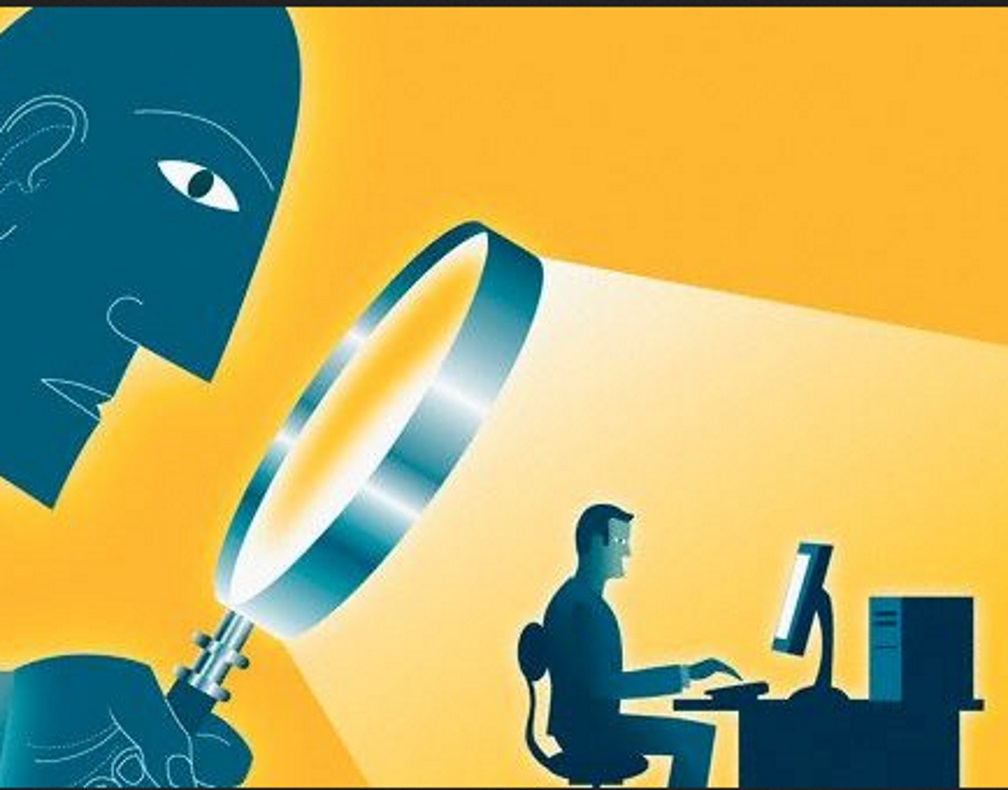Privacy, if this isn’t an issue for you, it should be. A lot of people take the stance of “I don’t do anything wrong, therefore I have nothing to hide.” however that is largely misinterpreted. You have everything to hide. So many apps, websites and services we use online today host a trove of data about their users; they’re a goldmine for a cyber criminal. Online identity theft is the leading consumer complaint; almost 9 million identities are stolen in the United States every year. Stealing identity information isn’t the worst of the crime; it’s what the criminal does with the information that’s damaging: credit card fraud, mortgage and utilities scams; and emptied bank accounts. Identity theft is a two-step crime.
- First, steals your personal information.
- Second, using that information to impersonate you and commit fraud.
It is said that defense is the best offence, so protect your personal information closely. If cybercriminals are unable to get their hands on your sensitive data, they can’t defraud you. In cities around the globe, using ridesharing services has become a way of life. Just as “Google” has become a verb, so have “Uber” and “Lyft,” to name just two of the better-known ridesharing companies. Ridesharing services like Uber and Lyft rely on GPS-enabled smart phones, since their apps need to know the location of both drivers and ride requestors. However, if riders don’t turn off location access after completing their rides the app could potentially track and collect data around the clock on where the user is, where they go, and, sometimes, even how long they stay there. In addition to location data, a lot of these services require the user to link to a social networking account, usually Facebook, as a way of verifying identity. By doing so, the user then grants that company access to the personal information that is in their Facebook account. These services are also cashless, so in order to use them, the user must store a valid credit card in their account. In today’s technology-driven world, data collection, privacy, and protection should be at the forefront of everyone’s minds, from consumer to developer. We now live in a world where the paradigm has shifted from bank robberies to data breaches, simply because all of our personal information can be easily accessed in one place from companies that store that data.
Uber, for one, is beginning to address this issue. Another term used in stealing privacy is cyber stalking, It has been defined as the use of technology, particularly the Internet, to harass someone. Common characteristics include false accusations, monitoring, threats, identity theft, and data destruction or manipulation. Cyber stalking also includes exploitation of minors, be it sexual or otherwise.
Cyber stalking can be terribly frightening. It can destroy friendships, credit, careers, self-image, and confidence. Ultimately it can lead the victim into far greater physical danger when combined with real-world stalking. Yes, we’re talking serious stuff here. Victims of domestic violence are often cyber stalking victims. They, like everybody else, need to be aware that technology can make cyber stalking easy. Never provide any personal information about you online, no matter how safe you think it might be. Never indicate your real name, school, address, or even the city where you live. Phone numbers are not to be distributed online. Most important, don’t be afraid to report cyber stalking or identity theft to the police. Many police departments have cybercrime units, and cyber stalking is a crime.

